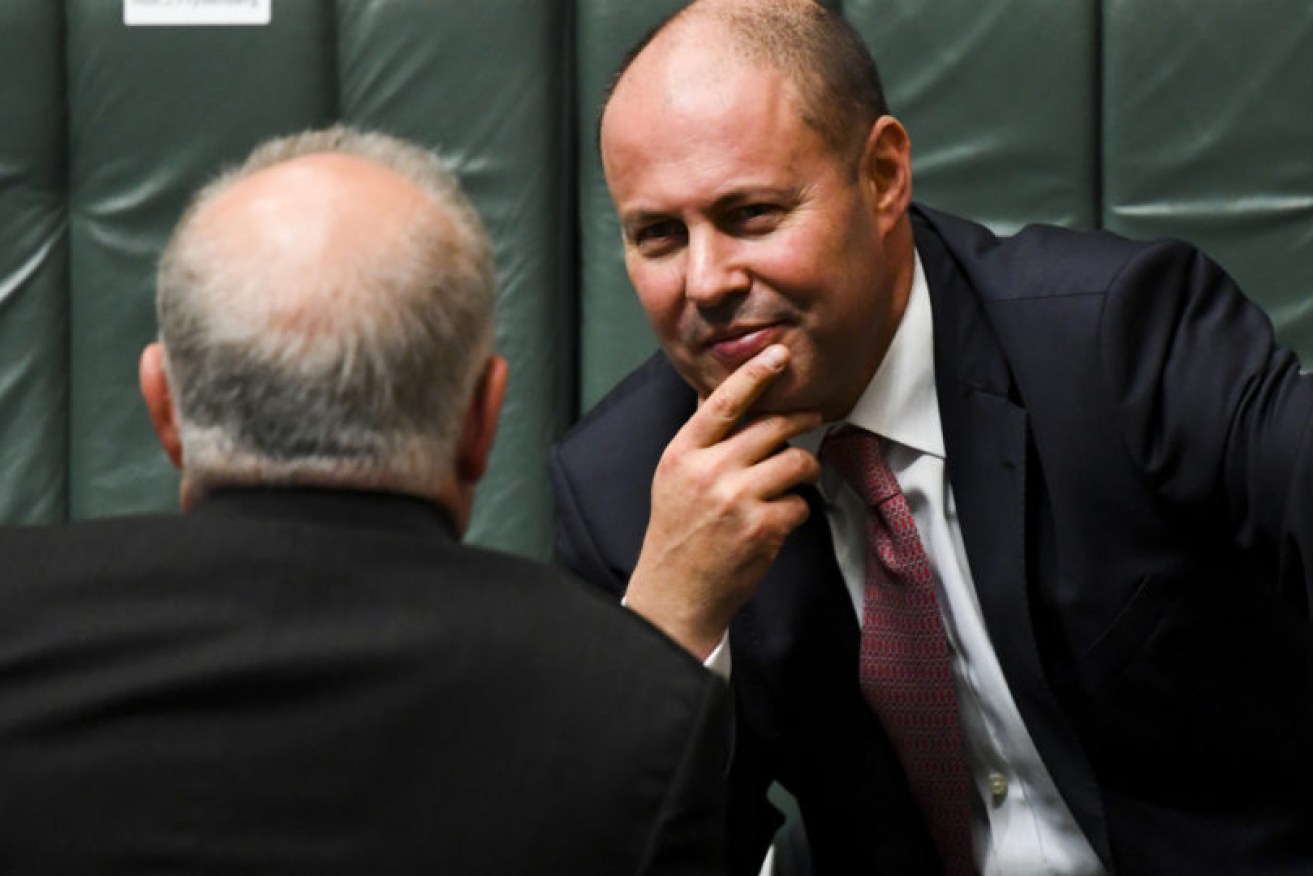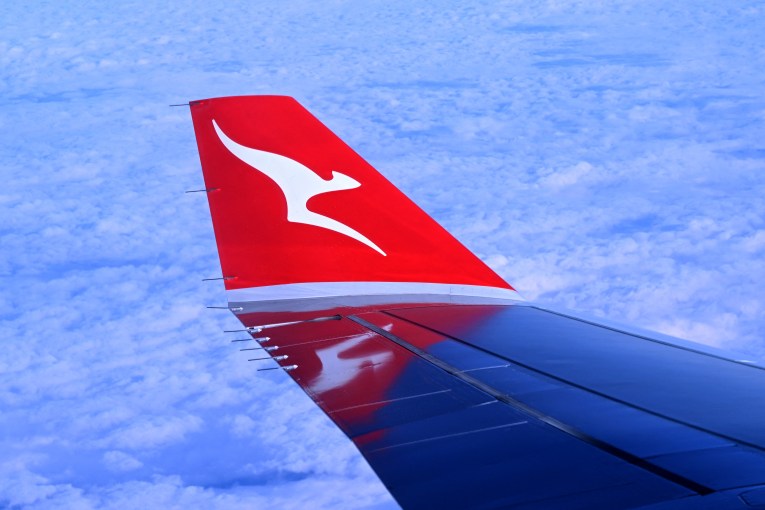$13 billion JobKeeper waste could buy millions of vaccines


Treasurer Josh Frydenberg is trying to stop JobKeeper secrets from being published. Photo: AAP
The Morrison government gave $13 billion in JobKeeper to businesses that increased their turnover during 2020, new data has shown.
That would have been enough for us to buy 441 million doses of the Pfizer vaccine or 688 primary schools.
As Treasurer Josh Frydenberg continues to keep secret details of overpayments and other JobKeeper discrepancies, budget office data revealed on Monday that $8.4 billion in wage support went to firms that reported rising sales between July and September last year.
It followed earlier analysis that found $4.6 billion was paid to about 157,000 businesses that increased their sales between April and June.
All up, that’s $13.03 billion paid to about 200,000 companies that saw sales rise within six months of signing up to JobKeeper, according to Parliamentary Budget Office (PBO) analysis of confidential tax data.
To be eligible for JobKeeper, companies had to show or predict a fall in sales when the pandemic hit, but many companies continued receiving government payments despite sales recovering strongly within months.
The money paid to companies that saw sales rise is enough to buy 413 million Pfizer/BioNtech vaccine doses, based on recent price estimates quoted to European nations.
Australia has so far spent $8 billion on 280 million vaccine doses.
The JobKeeper money would also be enough to fund more than 32,000 quarantine beds, based on money paid to upscale facilities in the Northern Territory.
It comes as many large profitable companies that received JobKeeper continue to increase their payouts to shareholders.
Among this group are Seven West Media, Super Retail Group, Nick Scali, ARB 4×4, and Lovisa.
Their massive dividends were revealed during the recent corporate earnings reporting season, and came on top of the billions of dollars in dividends paid to investors earlier this year by more than 60 big JobKeeper firms, as TND reported in March.
Many firms that refuse to repay their JobKeeper payments are also now starting to pay executive bonuses, including Seven West Media and Nick Scali.
Corporate recovery strengthened
The new PBO analysis was released by Labor MP Andrew Leigh, who commissioned the research amid a long-running campaign to convince the government to publish which companies received JobKeeper.
“JobKeeper is the biggest program ever put in place as a one-off by the Australian government, and it involved more waste than any Australian government program has seen,” Dr Leigh said in a statement.
Dr Leigh and Labor have been saying for weeks that about $13 billion was wasted on JobKeeper, but Monday was the first time PBO data for the three months to September was made available to the media.
It revealed the corporate recovery strengthened significantly after workers bore the brunt of coronavirus restrictions in April, June and July.
About 157,000 companies reported higher sales levels within three months of receiving JobKeeper than they did in 2019.
But that number rose to 195,381 by the time eligibility was retested in September, which was when many big businesses were kicked off the scheme.
It means more than one in 10 dollars paid under the $90 billion scheme went to companies that increased sales between April and September.
Earlier PBO analysis published last month found that $12.5 billion was paid to businesses that recorded no fall in sales between April and June.
How JobKeeper billions were wasted
All the information is sourced from Australian Taxation Office records.
As TND reported in January, the ATO has kept extensive turnover data on each company that received JobKeeper, including monthly sales.
To gain access to the wage subsidies, businesses were required to show or project a 30 to 50 per cent fall in turnover against 2019 levels in April 2020.
But the design of the program meant that eligible companies didn’t have their turnover tested again until September.
That allowed companies that qualified in April to continue receiving payments until then, regardless of how their sales and profits changed over time.
There is no suggestion these businesses broke any government rules.
Companies were required to pass on all JobKeeper payments to staff, but this meant they didn’t need to pay the wages of many workers.
With lower wage bills and increasing sales, profits for thousands of firms soared at the expense of taxpayers.
Battle over JobKeeper secrets
The Senate is currently trying to force the ATO to hand over a list of all the companies that received JobKeeper payments.
Last Thursday, independent Senator Rex Patrick was about to force the ATO to dish the dirt after tax commissioner Chris Jordan earlier refused.
But in an eleventh-hour intervention, Mr Frydenberg made his own immunity claim against the order, backing Mr Jordan’s position.
In a letter tabled in Parliament, Mr Frydenberg echoed Mr Jordan’s view that publishing the JobKeeper data would undermine the tax system.
“Almost every aspect of government would be significantly and adversely impacted were Australians to lose confidence in the protection of the confidential information they provide to the Australian government,” he wrote.
Mr Frydenberg also claimed businesses would be adversely affected.
Senator Patrick has contested the validity of the immunity claim, which has delayed his bid to force the ATO to publish the JobKeeper data.
“The information the Senate asked for is not related to an employers’ business or taxation information,” he said in a statement on Thursday.
“It is related to the amount of public money they were provided. It is no different to grant money or the total amount of money received under a government contract, which is already published information.”








